Cart
Your cart is empty
Your cart is empty
List is empty
Press ESC to close the search field

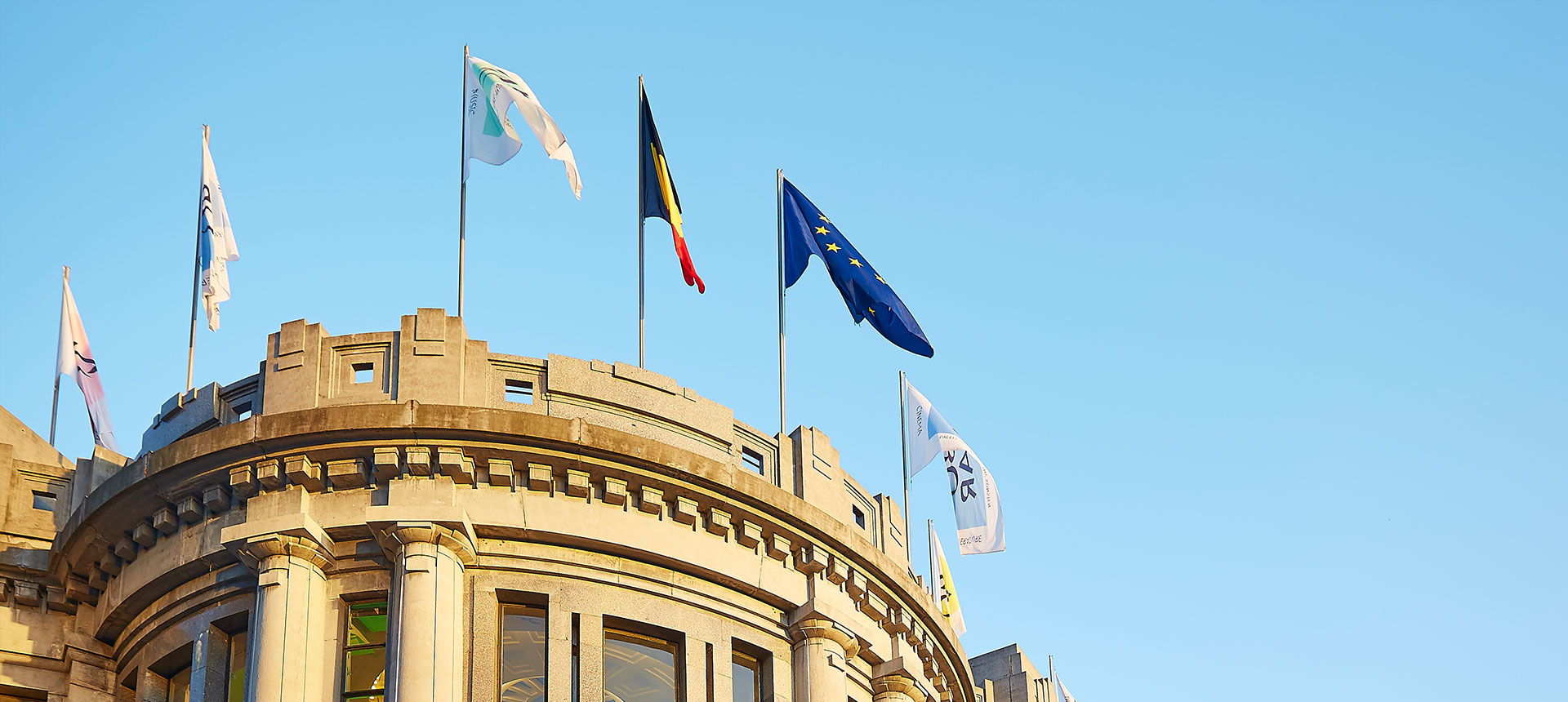
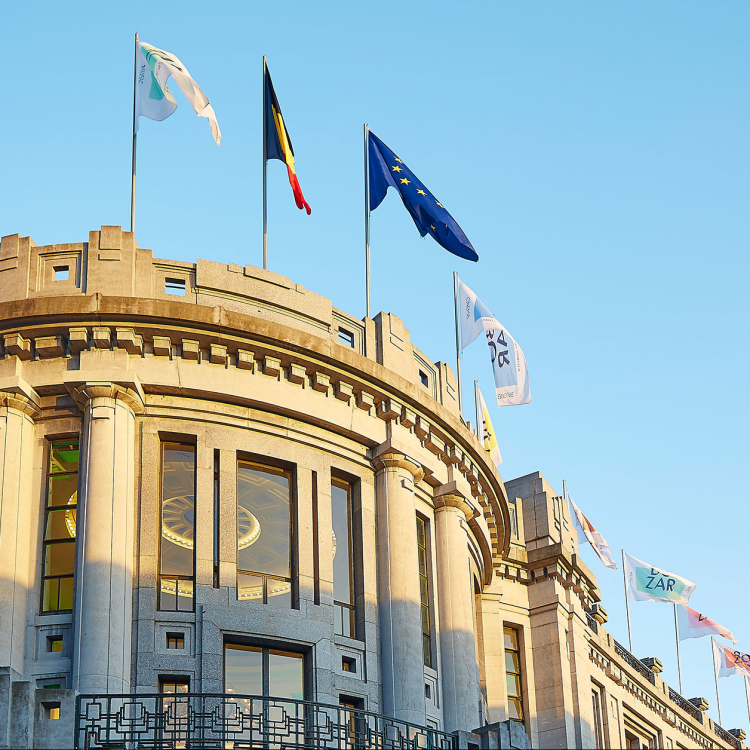
Event has already taken place. The National Orchestra of Sweden plays in the concert hall in Bozar in connection with Sweden's presidency of the EU, together with chief conductor Santtu-Matias Rouvali and violinist Johan Dalene.
Gothenburg Symphony Orchestra and chief conductor Santtu-Matias Rouvali will visit the concert hall in Bozar, Brussels on June 14 (preliminary concert time 19.30). On the programme is Jean Sibelius’ moving violin concerto with Swedish star soloist Johan Dalene.
The evening with the Swedish National Orchestra also offers music by Lili Boulanger and Richard Strauss.
– It is a joy to be able to show Sweden’s outstanding position in symphonic music. And also get to present some of Europe’s most beautiful musical treasures, says Sten Cranner, CEO of Gothenburg Symphony.
Sibelius’ violin concerto opens the door to unknown worlds, light-filled rooms and endless horizons, with a masterful orchestral treatment where wistful strings meet bitter woodwinds.
Soloist in tonight’s concert with the Gothenburg Symphony Orchestra is the Swedish violinist Johan Dalene. At just 22 years of age, he has established himself as one of the world’s leading young violinists. In 2022 he was named Young Artist of the Year by Gramophone magazine and in 2019 he won the prestigious Carl Nielsen competition.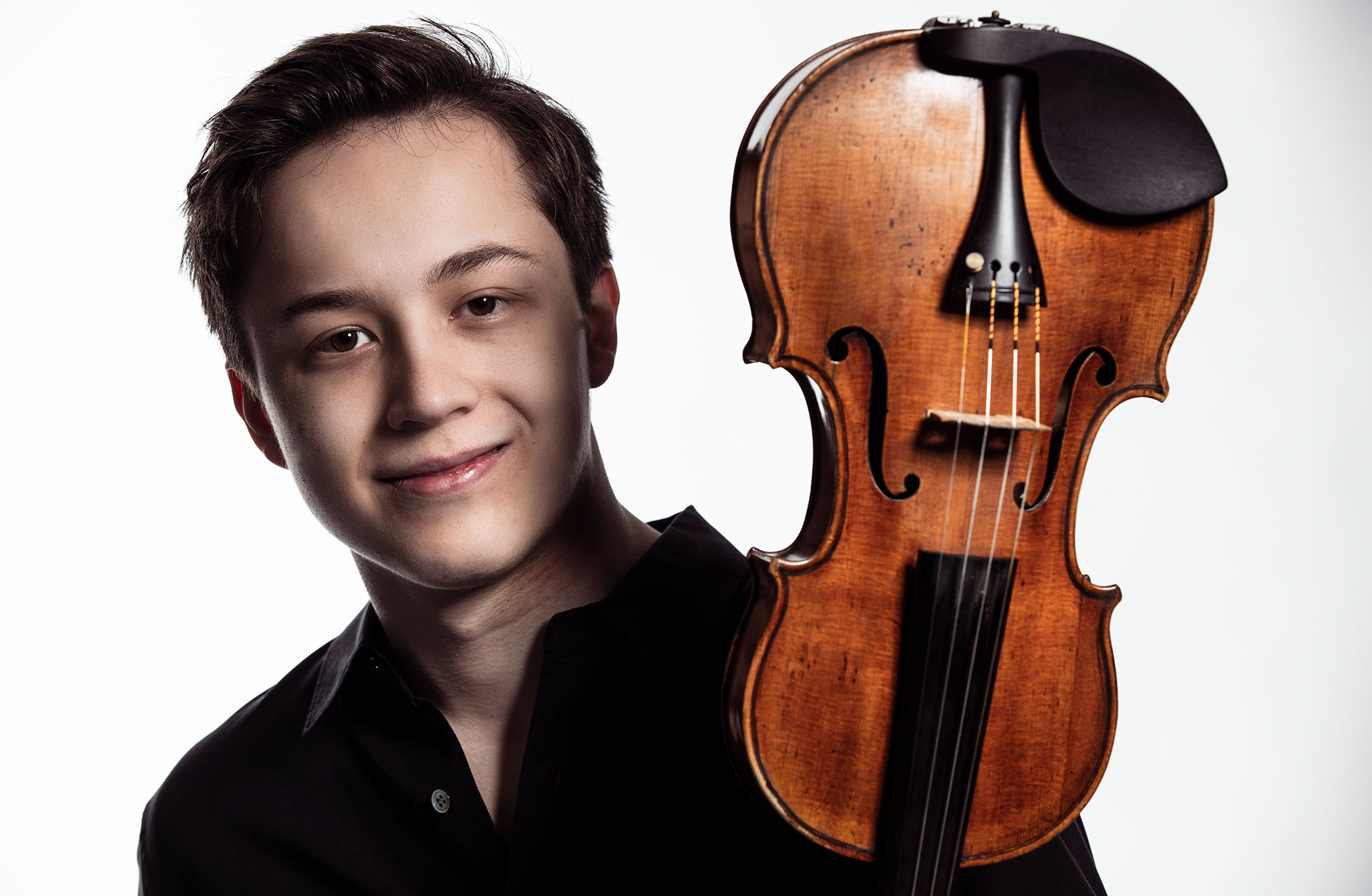 The evening also features an orchestral masterpiece by child prodigy Lili Boulanger. She was only 24 years old but managed to amaze the whole world. That spring morning in Paris she dressed in tones was completed shortly before her death in 1918, while sister Nadia added the finer details to the dynamic.
The evening also features an orchestral masterpiece by child prodigy Lili Boulanger. She was only 24 years old but managed to amaze the whole world. That spring morning in Paris she dressed in tones was completed shortly before her death in 1918, while sister Nadia added the finer details to the dynamic.
In conclusion, we hear one of chief conductor Santtu-Matias Rouvali’s own favorite composers, Richard Strauss, who shows the orchestra’s full timbre. Ein Heldenleben is a true heroic tale.
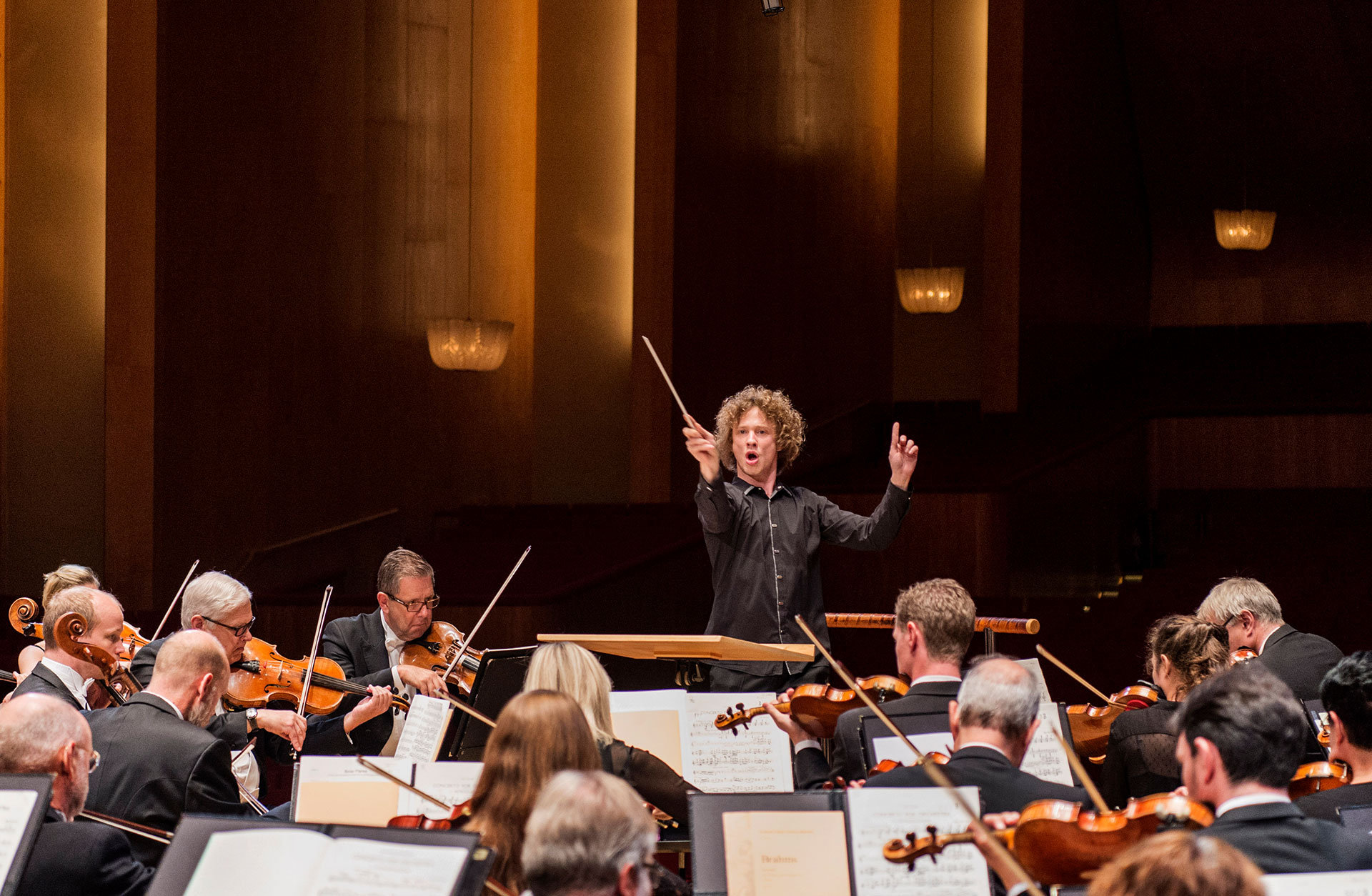
To accompany Sweden’s presidency of the EU, the Gothenburg Symphony presents the playlist On A Note From Sweden, an introduction to Swedish classical music. The playlist’s 40 samples show the width of symphonic music that has been created in Sweden throughout ages and received international recognition.
Here you can find beloved classics such as Midsommarvaka, Pastoralsvit and Intåg i sommarhagen, contemporary music from Lidholm to Tarrodi, Grammis Award winners as well as world stars such as Birgit Nilsson and Jussi Björling. About ten Swedish symphony orchestras are represented.
Are you missing your favorite? Leave your tip for the On A Note From Sweden playlist by visiting the Gothenburg Symphony’s Facebook and Instagram!
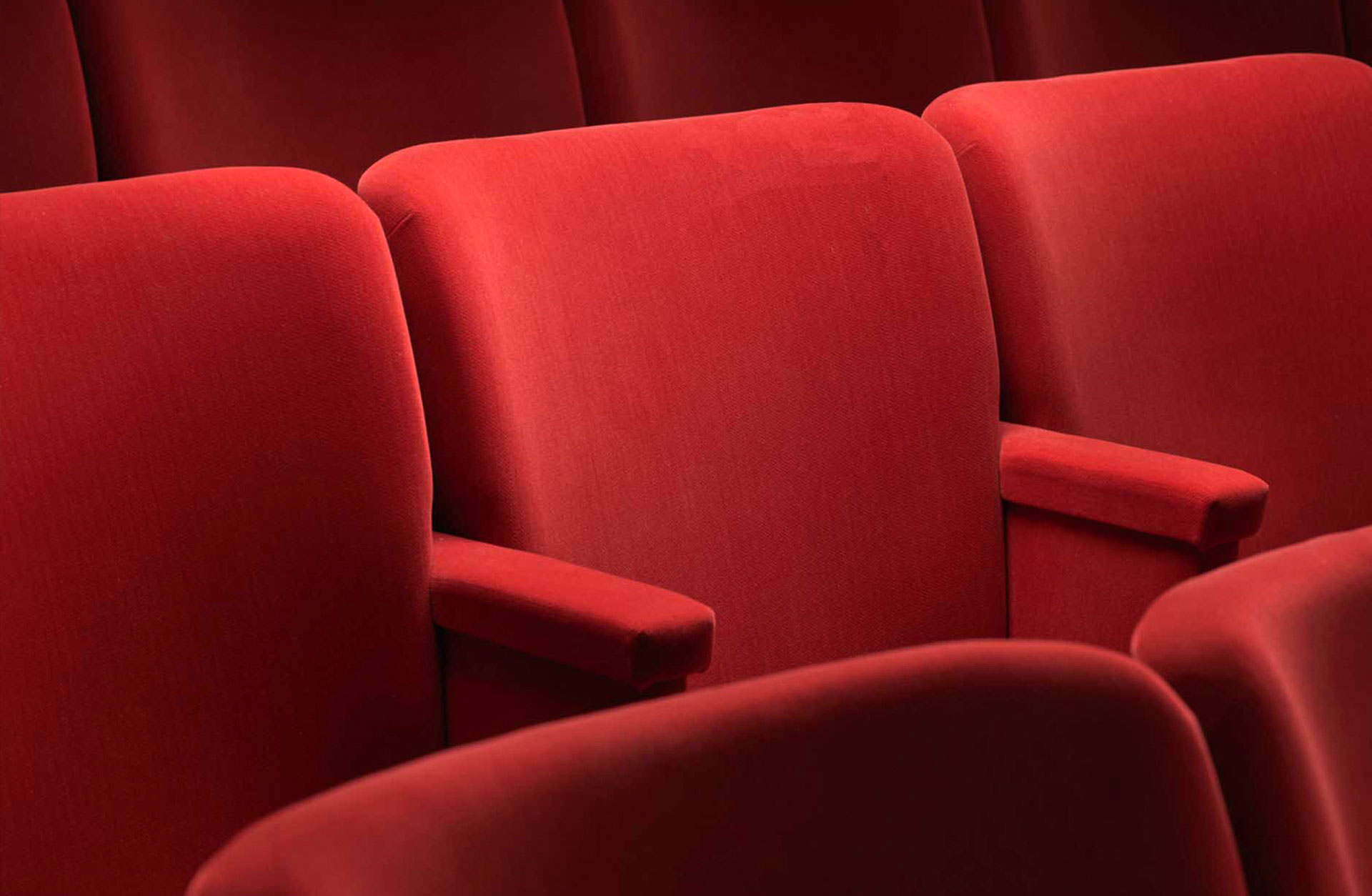
Here you will find all the necessary information that you need to know about before your magical visit in the Concert Hall.
Invite yourself or someone you like to an experience for all the senses. Welcome to visit the Concert Hall's restaurant or one of our foyer bars.